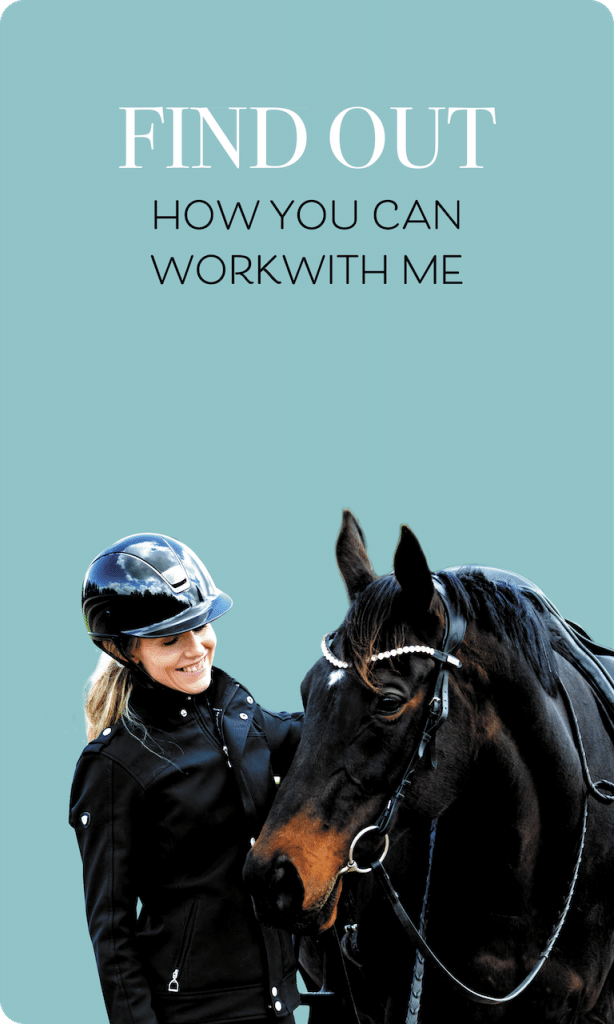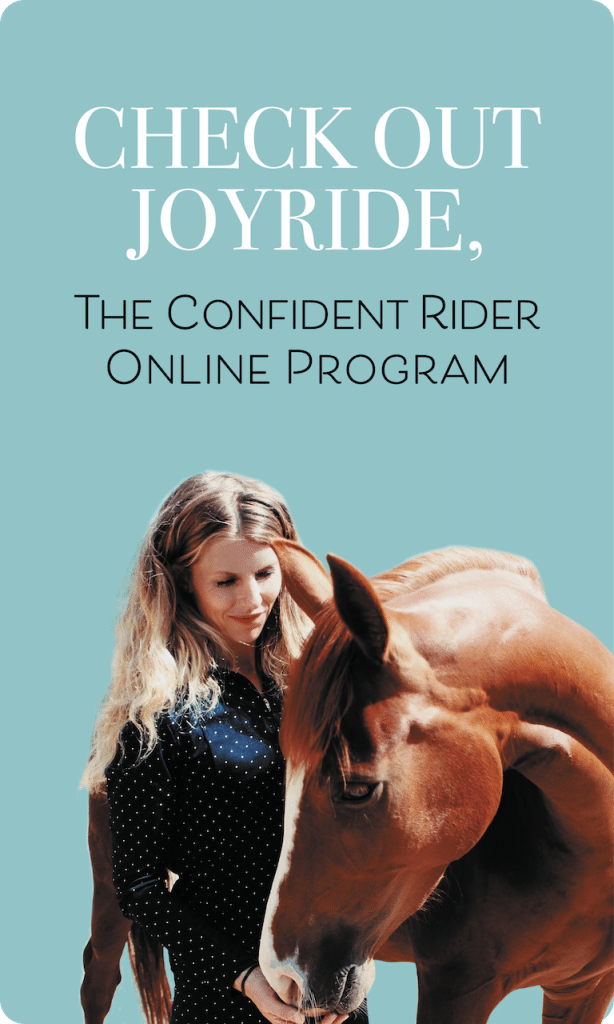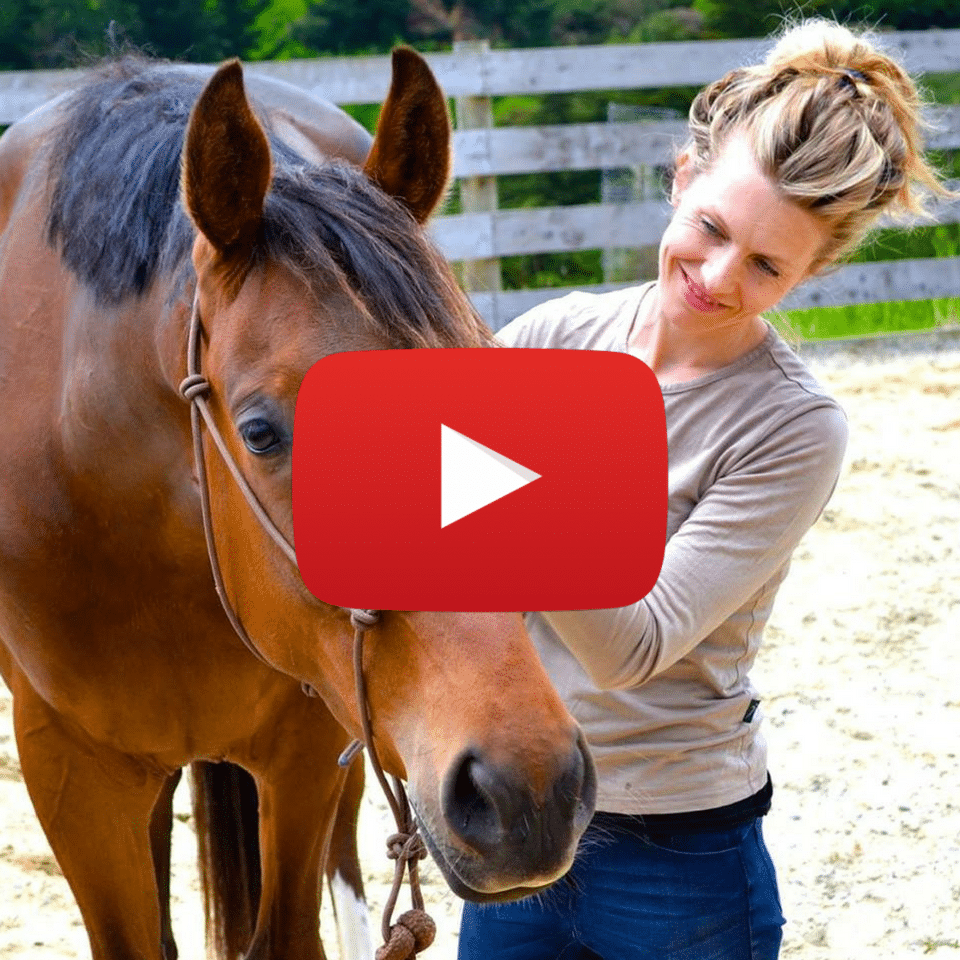Wait, wait, mum, I want you to watch!
I turned around to see a complicated series of structures that all fed into each other. A mixture of Lego and other random assortments I couldn’t quite place.
‘I just need to do this’, he said fiddling with some parts, ‘and then… oh. Never mind.’
The pieces he was holding snapped off their attachment and the long legs supporting it started to wobble.
‘I can never seem to get it to work when someone is watching.’
I empathized with him. It’s one thing to have it going on in the privacy of your own bubble but invite another set of eyes to the mix and the whole thing changes.
This phenomenon- the seeming inevitability of the wheels falling off in some way as soon as we hit record on the video or have an audience or even see someone faintly in the distance from ten miles away who potentially might glimpse what we are doing- changes things. It changes the energy we are dealing with and as a consequence, changes our ability to access the skills we have, ride with the same level of focus and maintain the same level of presence we might be able to when we are otherwise left to our own devices.
So, what’s up with that? Well, quite a lot as it turns out. Here’s a brief breakdown of what (might) be going on in your body, heart, and mind that can make having eyeballs on you so affect your performance.
1. The level of activation in your body increases
If you’ve been with me for any length of time, you will have heard me talk a lot about capacity. Capacity is the amount of energy or activation your nervous system can hold and still see you grounded and centred. Once this capacity is exceeded, then we move into what we would typically term a survival response.
Flight: We get anxious and just want to bolt.
Fight: We feel frustrated and cross and want to throw the whole thing in.

Freeze: We lose our ability to mobilise and take action
Think for a moment what it’s like to be the centre of attention, or to have someone want to take your photo, to receive a compliment. It creates energy, right? You can feel it in your body, an uprising of sorts. This is what I’m talking about when I talk about activation.
For many of us, this energy- regardless of its source- is problematic, and we immediately couple it together with thoughts of worry and concern. Situations like:
- Recording lessons or online tests
- Having photos taken
- Competing
- Attending clinics and lessons
Create a level of activation in our system. If this exceeds our capacity- the ability we have to hold it- then we find ourselves spilling over to what is essentially a survival response and next minute, we can’t seem to coordinate our hands with our body or remember what our last name is.
Being out of your zone of “I’ve Got This” will do that to you.
2. It puts a strain on your working memory
Working memory is what allows your brain to not only focus on what is immediately in front of it but also block out information that doesn’t help our cause at that moment.
For instance, if you are riding your horse in the arena, working memory is what draws your focus in on what you are doing and makes you oblivious to what the neighbors are up to, or the fact that the dog is rolling in something smelly just over the fence.

Working memory, however, is finite. If you are receiving verbal input- such as instruction- or are busy having a conversation with yourself in your own mind- hello Itty Bitty Shitty Committee- you are taking up working memory.
When we have more input than normal that occupies our focus and our inner voice, it’s easy for working memory to go into overload. When this happens, we found ourselves unable to do things (like ride) in the way that we normally would. It can feel like a frustrating mystery, but really it isn’t.
It’s more like your hard drive has shut down and now you are finding yourself randomly punching the keyboard and holding CTRL-ALT-DELETE for 10 seconds hoping that you can reboot.
3. It’s a practice ground for taking up space
This might seem left field, but to my mind, it should be front and centre. So many of have problems taking up space and allowing ourselves to be seen. If you think about what it means to ride in front of someone- especially in a learning setting where your vulnerabilities are potentially going on display or a competition setting where the whole framework is one of ranking and comparison- unconsciously, that’s a lot to hold.

Many of us have become practiced at keeping ourselves small- and we may have done so for every good reason. Our past experience may have shown us that being visible, putting ourselves out there, and taking up all the space owed to us was not an option. The level of safety- whether that be real or perceived- has not afforded us that basic right.
If that is the case, we must train ourselves. We must train ourselves to connect to our backbone, to allow our body to occupy its full range of possibilities, and to step into a visceral feeling of “Here I am and I matter”.
Because you do.
So where do we go with this?
Here are some podcasts that expand on what I am talking about above:
And if you really want to get serious about this, JoyRide is what I’ve created to guide riders like you through the process of increasing capacity and doing what we need to in order to show up in the fullness of who we are for both life and riding. You can check that out here.
Onwards.
❤️ Jane





